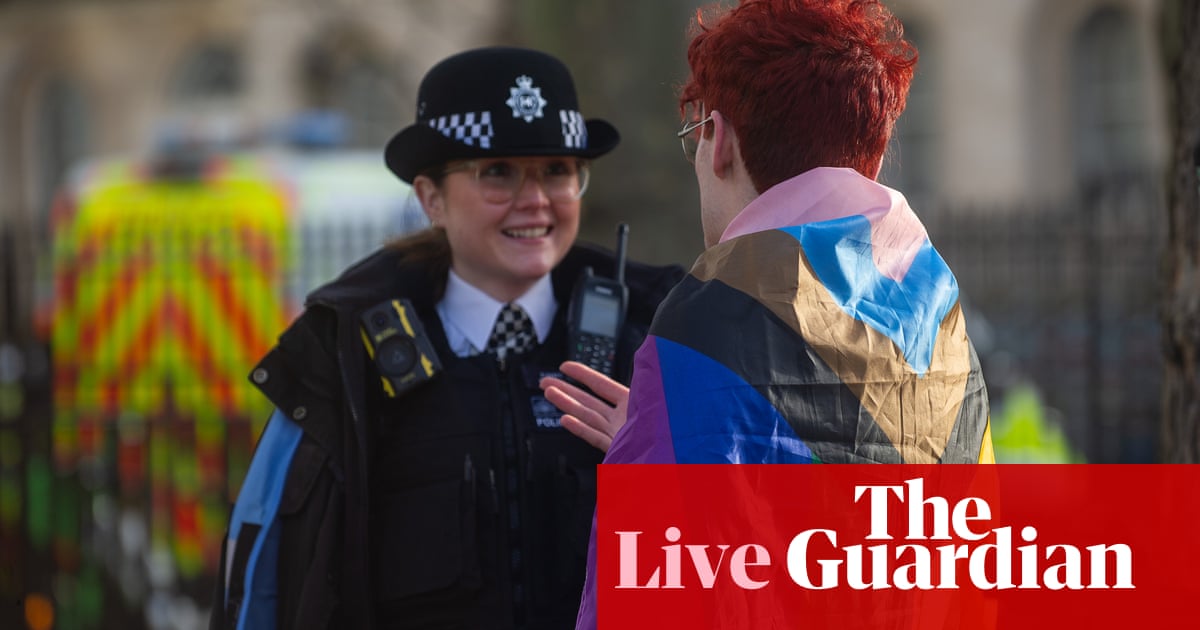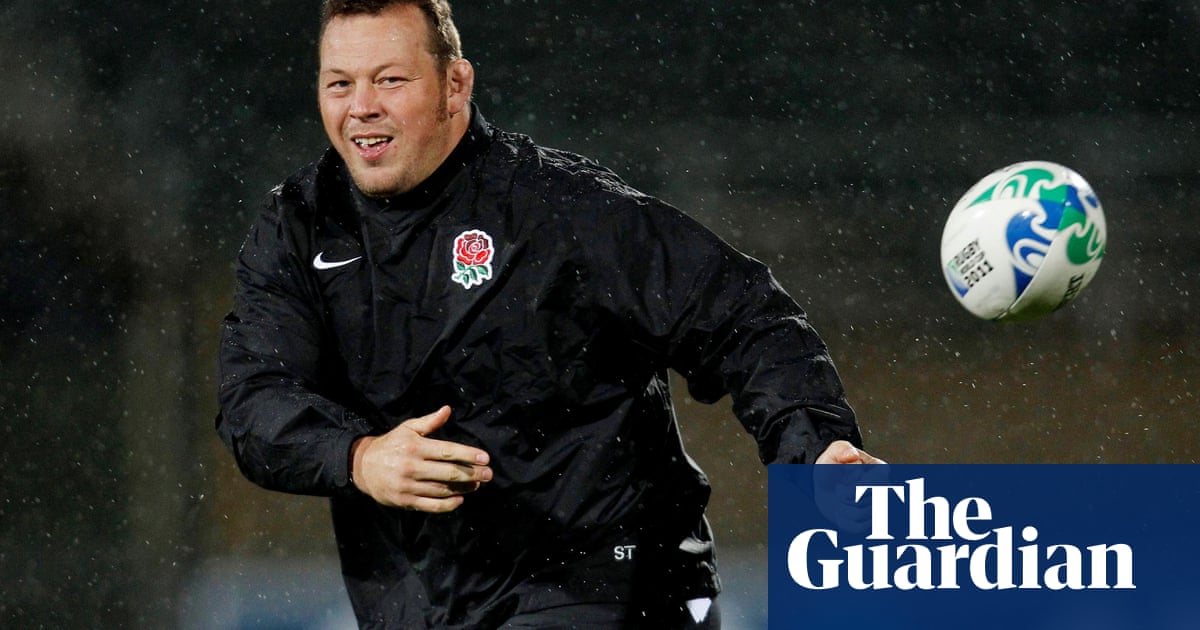
The Australian authorities have agreed to delay deporting Novak Djokovic following a court hearing in the wake of its decision to cancel the tennis star"s visa, a government lawyer said on Friday.
Lawyers for the men"s world No. 1 launched an urgent appeal after the immigration minister revoked his visa for the second time, citing ministerial discretion on public interest grounds to justify the move.
A new hearing has been convened for Sunday morning, just a day before the Australian Open gets under way in Melbourne.
Djokovic — who entered the country despite being unvaccinated against the coronavirus — is fighting to be able to bid for a 10th Australian title and a record 21st Grand Slam win.
The hearing took place before Anthony Kelly, the same judge who overruled the government"s initial decision to cancel the player"s visa. But he has ruled that Sunday"s hearing will be dealt with by a federal court.
Djokovic"s lawyer asked the judge to block the player"s deportation and that he remain free from detention.
The government lawyer agreed that this would not happen before a preliminary hearing on Saturday morning, but indicated that he would then be detained. The lawyer said he would not be deported before the court makes a ruling.
Earlier on Friday, Immigration Minister Alex Hawke said in a statement that his decision to cancel the player"s visa was taken "on health and good order grounds, on the basis that it was in the public interest to do so".
The government was "firmly committed to protecting Australia’s borders, particularly in relation to the COVID-19 pandemic", he added.
The controversy over the player"s visa, his vaccination status and his treatment by the Australian authorities has completely overshadowed the tournament in the days leading up to the event.
Australia"s Prime Minister Scott Morrison welcomed Djokovic"s pending deportation, linking it directly to the country"s experience with the pandemic.
“Australians have made many sacrifices during this pandemic and they rightly expect the result of those sacrifices to be protected,” Morrison said in a statement. “This is what the minister is doing in taking this action today.”
For Djokovic, more is at stake than this year"s tournament: deportations from Australia usually come with a three-year-ban on returning to the country.
It is the second time Djokovic’s visa has been canceled since he arrived in Melbourne last week to defend his Australian Open title.
His exemption from a COVID-19 vaccination requirement to compete was approved by the Victoria state government and Tennis Australia, the tournament organizer. That apparently allowed him to receive a visa to travel.
But the Australian Border Force rejected the exemption and canceled his visa upon arrival in Melbourne. He spent four nights in hotel detention before a judge on Monday overturned that decision.
The government"s decision to revoke his visa again comes more than a week after Djokovic first arrived in the country. Since a court declared the first visa cancelation invalid, the player has been training in Melbourne for next week"s tournament.
On Thursday Djokovic, the defending champion, was included in the draw for the first round of the Australian Open as the top seed — even though his participation was still in doubt with a government decision pending on whether the unvaccinated tennis star could stay in the country.
There was speculation that the information Djokovic revealed after the first court decision could tip the balance against him. The immigration minister said in his statement that he decided to revoke the visa after considering information provided by the government, the Australian Border Force, and the player.
Earlier this week Djokovic admitted errors made on his visa application form concerning his prior travel movements. The player also apologized for failing to isolate following a positive COVID test in December.
At issue was whether his exemption to the rules requiring vaccination to enter Australia, on the grounds that he had recently recovered from COVID-19, was valid.
Djokovic"s application said he had not traveled in the 14 days before his flight to Australia. However, the Monte Carlo-based athlete had been seen in Spain and Serbia in that two-week period.
The player said it had been submitted on his behalf by his support team and that his agent had apologized for what was a "human error" and "not deliberate".
Reports also emerged that Djokovic attended events in his native Serbia last month after testing positive on Dec. 16, including presenting awards to children the following day, as well as giving an in-person interview to a French magazine.
The Djokovic saga comes against the background of the pandemic, where new coronavirus cases have again been soaring, putting pressure on hospitals. Capacity at the Australian Open has been restricted to 50%.
Many people feel strongly that to allow an unvaccinated, high-profile figure such as Djokovic to play, while ordinary Australians — particularly in Melbourne — have been subject to stringent restrictions including on travel, would be unfair and set an appalling example.
Yet many have also criticized the player"s treatment by the authorities overall as a fiasco — with the tennis and state authorities granting him an exemption, border control and the government then revoking his visa, a court reinstating it, and finally the minister canceling it again.
"What a surprise! Morrison’s govt cancels #Djokovic’s visa to win the weekend media cycle—showing us all how hairy chested he is," tweeted former Australian Prime Minister Kevin Rudd.
Meanwhile, Serbia"s President has accused Australia of "mistreating and humiliating" the Serbian tennis player.
In a video on Instagram, Aleksandar Vučić said the move to re-cancel his visa had impacted Djokovic"s family and "a whole free and proud nation".
The Serbian president also questioned whether the decision had been made to "flatter public opinion" ahead of an election in March.
"I come back to the moral issue. If you wanted to ban Novak from the 10th trophy in Melbourne, why didn"t you immediately turn him down and tell him he couldn"t get the visa?" he said. — Euronews












